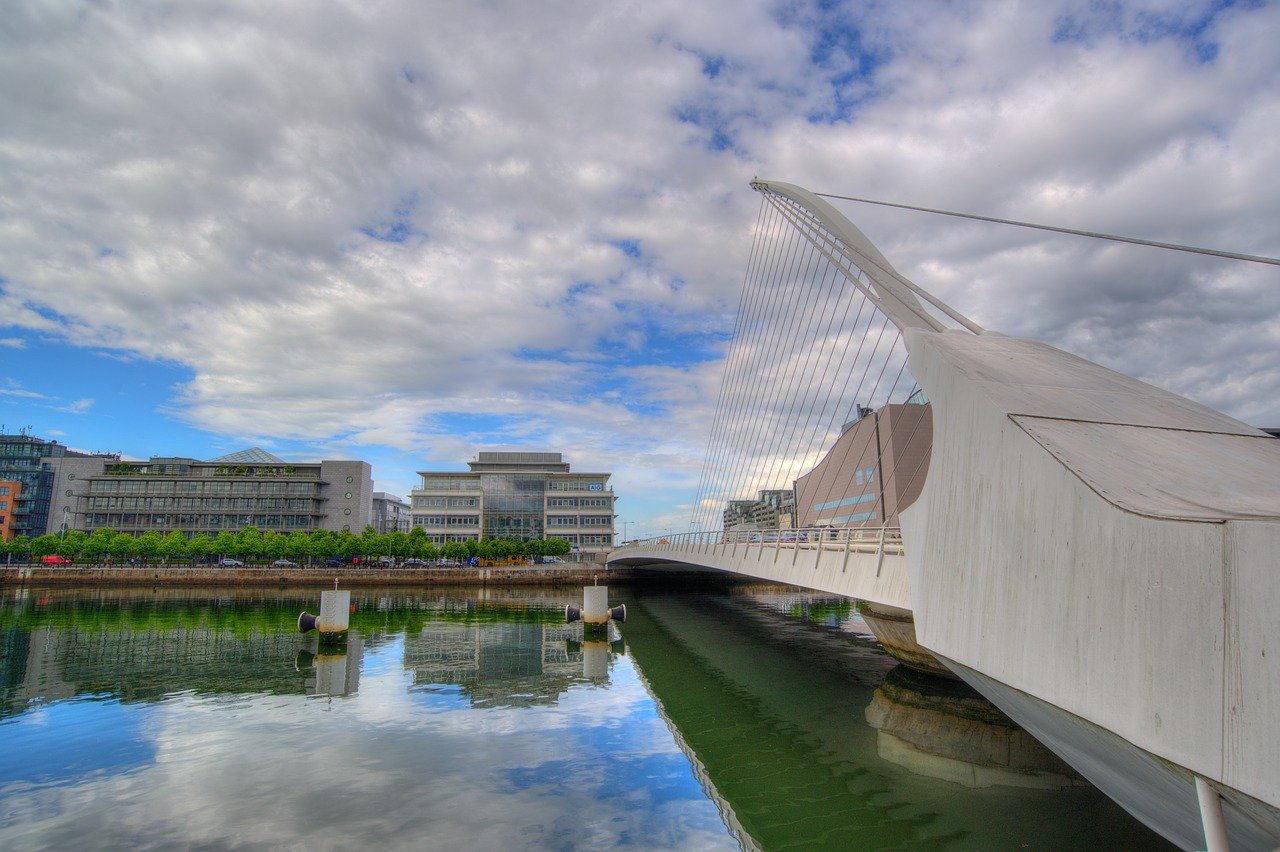
Engineers Ireland welcomes the July Jobs Stimulus and €500 million in additional capital investment
Commenting on the stimulus package, which includes a commitment to increase capital expenditure in 2021 to €9.1 billion, Engineers Ireland’s Director General Caroline Spillane said: “The investment in capital spending will provide for vital social, environmental and economic infrastructure for Irish society. This investment will help to maintain employment, enhance wellbeing by providing critical services for our citizens and enable us to respond to challenges arising from Brexit and climate change.”
The investment includes €113 million for active travel, public transport and renewal of transport infrastructure, €100 million investment in the Energy Efficiency National Retrofit Programme, and €60 million for returning vacant local authority housing to use and investment in water infrastructure.
“Today’s investment also represents a major opportunity to make further inroads in the transition towards a cleaner and more sustainable future. Climate action must underpin all investment decisions, using long-term modelling and evidence-based solutions”, Ms Spillane added.
The representative body for engineers, whose membership represents the full spectrum of the engineering profession in Ireland, also welcomed increased funding in training and skills development, including 35,000 extra places in further and higher education, an apprenticeship incentivisation scheme and a retrofit skills training initiative.
“As an island nation, Ireland is dependent on the quality and quantity of its STEM graduates. Today’s investment announcement in further and higher education will assist students and third-level institutions as they navigate through challenges presented by COVID-19.
“Investment in education at third-level will be critically important to safeguarding Ireland’s engineering graduate pipeline. Our engineering graduates will play a central role in creating a sustainable future for Ireland and will be crucial for the delivery of Project Ireland 2040 goals and ambitions,” Ms Spillane added.
Concluding, Ms Spillane called for best practice in relation to capital investment and highlighted the engineering profession’s role in the delivery of key infrastructure for society: “At this challenging time, investment decisions must be evidenced based and Engineers Ireland is committed to channelling the expertise of our professional engineering membership in finding practical and cost-effective solutions to the significant societal challenges we face. Over the coming months, we look forward to working with the Government to create and deliver engineering solutions as part of the National Economic Plan which will not only benefit society today, but also future generations.”
Engineers Ireland has welcomed measures such as:
- €113 million for active travel, public transport and renewal of transport infrastructure
- €100 million investment in the Energy Efficiency National Retrofit Programme
- €75 million for minor works for primary and secondary schools
- €60 million for returning vacant local authority housing to use and investment in water infrastructure
- €10 million for town and village renewal
- €200 million investment in training, skills development and employment
- 35,000 extra places will be provided in further and higher education
- the Apprenticeship Incentivisation Scheme will provide a €2,000 payment to support employers to take on new apprenticeships in 2020
- a Retrofit Skills Training Initiative will support future expansion of the National Retrofitting Programme
Image by Rudy and Peter Skitterians from Pixabay
